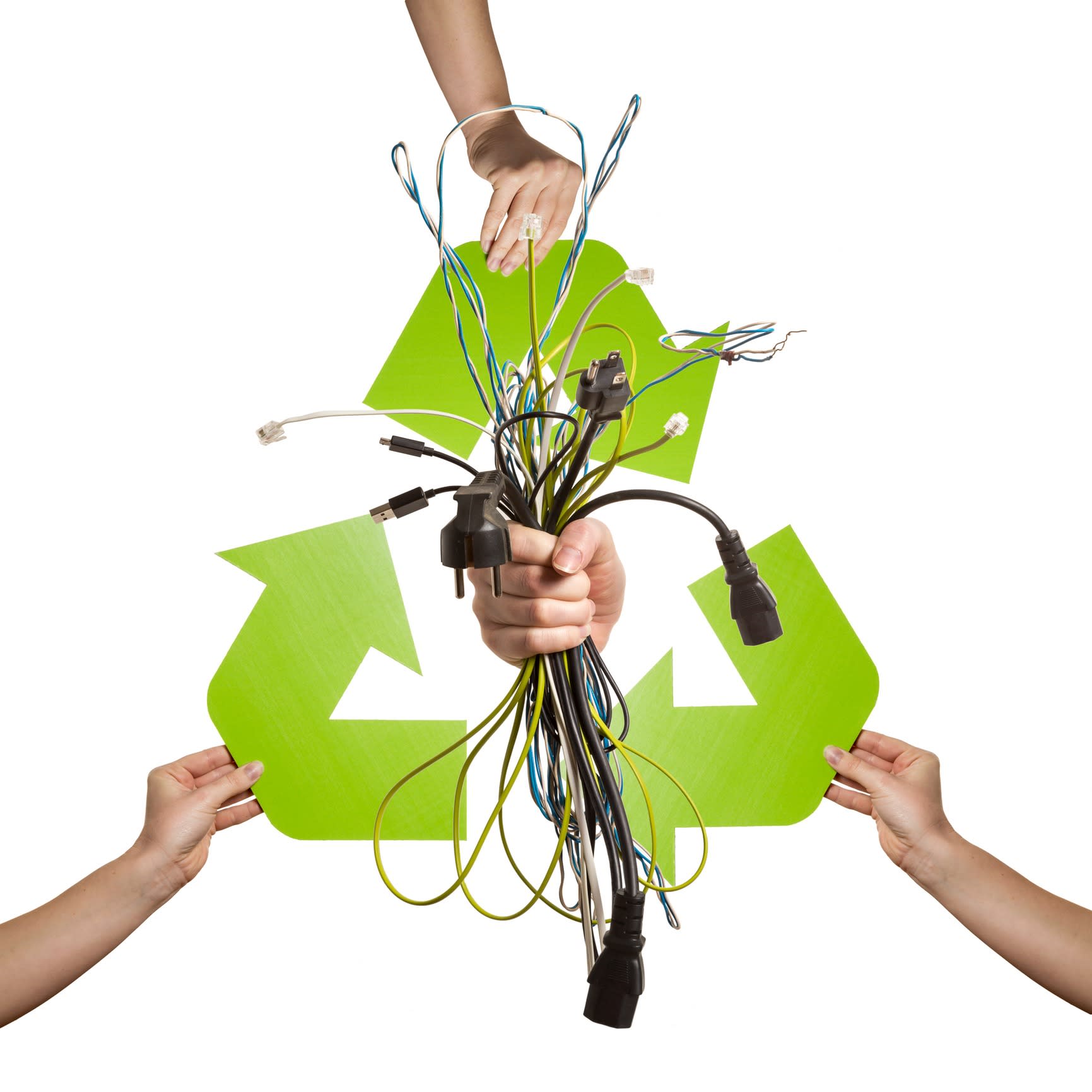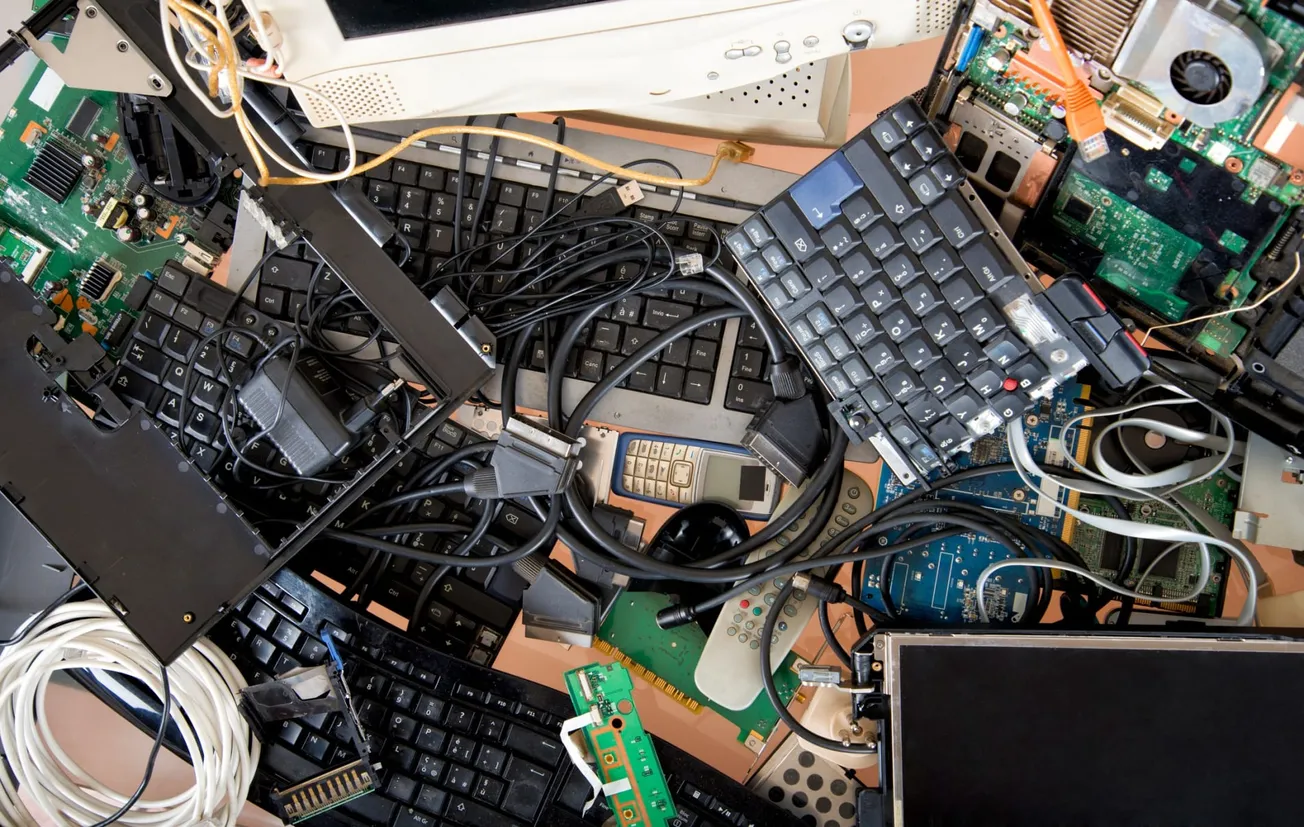Table of Contents
Saman Ilankoon
Senior lecturer, School of Engineering, Malaysia
Dr Ilankoon teaches both fluid mechanics and separation processes. He has extensive mining, minerals processing, chemical process engineering and industrial rock blasting teaching and research experiences at Imperial College London, Monash University Malaysia campus (Department of Chemical Engineering) and University of Moratuwa, Sri Lanka (Department of Earth Resources Engineering). Most of it focused on processing of low-grade ores to improve the efficiency of metal extraction systems, porous media flow studies, waste management (electronic waste or e-waste) and sustainability aspects of minerals processing.
Every year, the world produces a staggering 2.01 billion tonnes of municipal solid waste, a third of which is not safely managed from an environmental standpoint.
On average, individuals generate 0.74 kilograms of waste per day, but the range varies significantly from 0.11 to 4.54 kilograms.
Surprisingly, high-income countries, comprising only 16 per cent of the world’s population, are responsible for producing a disproportionate 34 per cent, or 683 million tonnes, of the worlds’s waste.

Global Recycling Day falls on 18 March annually, and the key aim is to promote the vitality of recycling across the globe. This fosters the objectives of a circular economy, which is the accepted model, considering the finite resources on Earth. The United Nations’ Sustainable Development Goal 12 (SDG12), Responsible Consumption and Production, also promotes the importance of recycling.
The 10-10 Malaysian Science, Technology, Innovation and Economic (MySTIE) framework is a strategic plan developed by the Academy of Sciences Malaysia to transform the country into a knowledge-based economy by design. It consists of 10 key drivers and 10 key enablers that aim to foster science, technology, innovation and economy (STIE) development.
The 10-10 MySTIE (science, tech, innovation & economy) framework has mapped 10 tech drivers against 10 socioeconomic drivers. National economic focus/niche areas will be developed from this framework. pic.twitter.com/BLVMID66c1
— Khairy Jamaluddin ??? (@Khairykj) December 9, 2020
The MySTIE framework identified 10 essential socioeconomic sectors in Malaysia, including smart cities and transportation.
Smart cities and transportation will be achieved by niche recycling methods coupled with extensive material and metal recoveries for a green transportation sector, including wind-based energy and electric vehicles.
Electronic or e-waste is one of Malaysia’s fastest-growing solid waste categories, especially regarding recycling.
According to the 2020 Global E-waste Monitor Report prepared by the United Nations University, 364,000 tonnes of e-waste was generated in Malaysia in 2019. This includes both industrial e-waste and household e-waste.
In 2021, the Malaysian Minister of Environment and Water announced that the last Saturday of each month would be the national e-waste collection day to encourage the proper disposal and recycling of electronic waste.
In 2021, the Malaysian Department of Environment collected 2459 tonnes of household e-waste in Malaysia, with personal electronic devices such as mobile phones, laptops and televisions being the top contributors.
While this progress is a positive step, more needs to be done to raise public awareness about e-waste management and proper disposal protocols in Malaysia, particularly for household e-waste.
Read more: Trash into treasure: Transforming e-waste using science and technology
In Malaysia, e-waste is classified as a scheduled waste under legislative frameworks, which mandates specific rules and requirements for its collection, storage, transport, recycling and disposal.
The Department of Environment (DOE) has assigned the scheduled waste code SW110 to categorise different types of scheduled waste according to its environmental and health impacts.
There are several partial and full e-waste recycling facilities in Malaysia that handle this waste category. However, due to the lack of legislative frameworks specifically for household e-waste, the country’s informal waste management and value recovery sector are responsible for managing this fraction.
Although drafting regulations for this issue has been discussed previously, none have yet been put in place.
Ongoing debates exist on the positive and negative aspects of Malaysia’s informal e-waste management sector.

Based on my observations, there are multiple opportunities for informal waste collectors to benefit from the trade. Due to the lack of household e-waste disposal protocols and the segregation of general waste, several informal waste collectors are in Malaysia.
E-waste is often left unattended in public areas, which creates an opportunity for informal waste collectors to operate. These collectors, who typically use a modified bike or bicycle, search for e-waste and other recyclable materials, such as cans, bottles and cardboard, to sell.
There are also niche waste collectors who have a value perception of e-waste, and search for materials such as scrap metal to sell in the e-waste transaction trade for upcycling purposes.
In addition, it is understood that scrap metal collectors supply e-waste fractions to informal and formal e-waste recyclers.
Artisanal e-waste recyclers participate in informal e-waste dismantling and value recovery activities in more urban areas such as Kuala Lumpur. These informal e-waste dismantling processes are mainly limited to easily recoverable items, such as copper from electric cables and transformers.
The typical copper selling price (to a middle player) is RM20/kg or US$5/kg, which is lower than the copper trading price by licensed businesses in Malaysia. Cheaper costs with little to no overhead, such as rent and less technical knowledge requirements, drive these informal operations.
While these smaller businesses contribute to reducing e-waste accumulation without purpose, I do not recommend informal dismantling and recycling activities, as they may create significant occupational health and safety risks.
Due to the increase in informal e-waste management and recycling systems, fewer e-waste supply chains exist for registered partial and full recycling facilities.
Due to the private nature of these business operations, there’s less transparency regarding the informal e-waste recyclers’ supply chains, creating potential environmental issues such as the mishandling of plastic fractions, and the final solid residue of e-waste dismantling operations.
Household e-waste items, such as old mobile phones and washing machines, have a perceived value that motivates people to sell them to informal e-waste collectors. However, many are unaware of the potential negative impacts of informal e-waste recycling operations. Therefore, there’s a need for legislative frameworks to manage household e-waste effectively in Malaysia.
Registering e-waste collectors
Registering informal e-waste collectors who use modified vehicles (excluding dismantlers) would be preferable under local government bodies.
An effective solution for most Southeast Asian countries is the extended producer responsibility (EPR) model, where electrical and electronic equipment producers take responsibility for collecting their distributed equipment, and consumers may pay a recycling fee upon purchasing consumer electronics.
This idea was presented in the “Unwaste Project” of the United Nations Office on Drugs and Crime (UNODC), which the European Union funds in collaboration with the UN Environment Program (UNEP) and the United Nations Institute of Training and Research (UNITAR).
The project aims to address waste trafficking issues between the European Union and Southeast Asia, and is specifically focused on Malaysia, Indonesia, Thailand and Vietnam.
In conclusion, Global Recycling Day on 18 March aims to promote the importance of recycling, and foster a circular economy worldwide.
While Malaysia has made progress in recycling electronic waste, much work remains to be done, especially in managing household e-waste. While there are ongoing debates about the positive and negative aspects of the informal e-waste management sector, it’s clear that legislative frameworks must be implemented to properly manage household e-waste.
By registering informal e-waste collectors and adopting extended producer responsibility (EPR) models, Malaysia and its neighbouring countries can better-manage their e-waste, and create a safer and more sustainable future for all.
This article was first published on Monash Lens. Read the original article.









